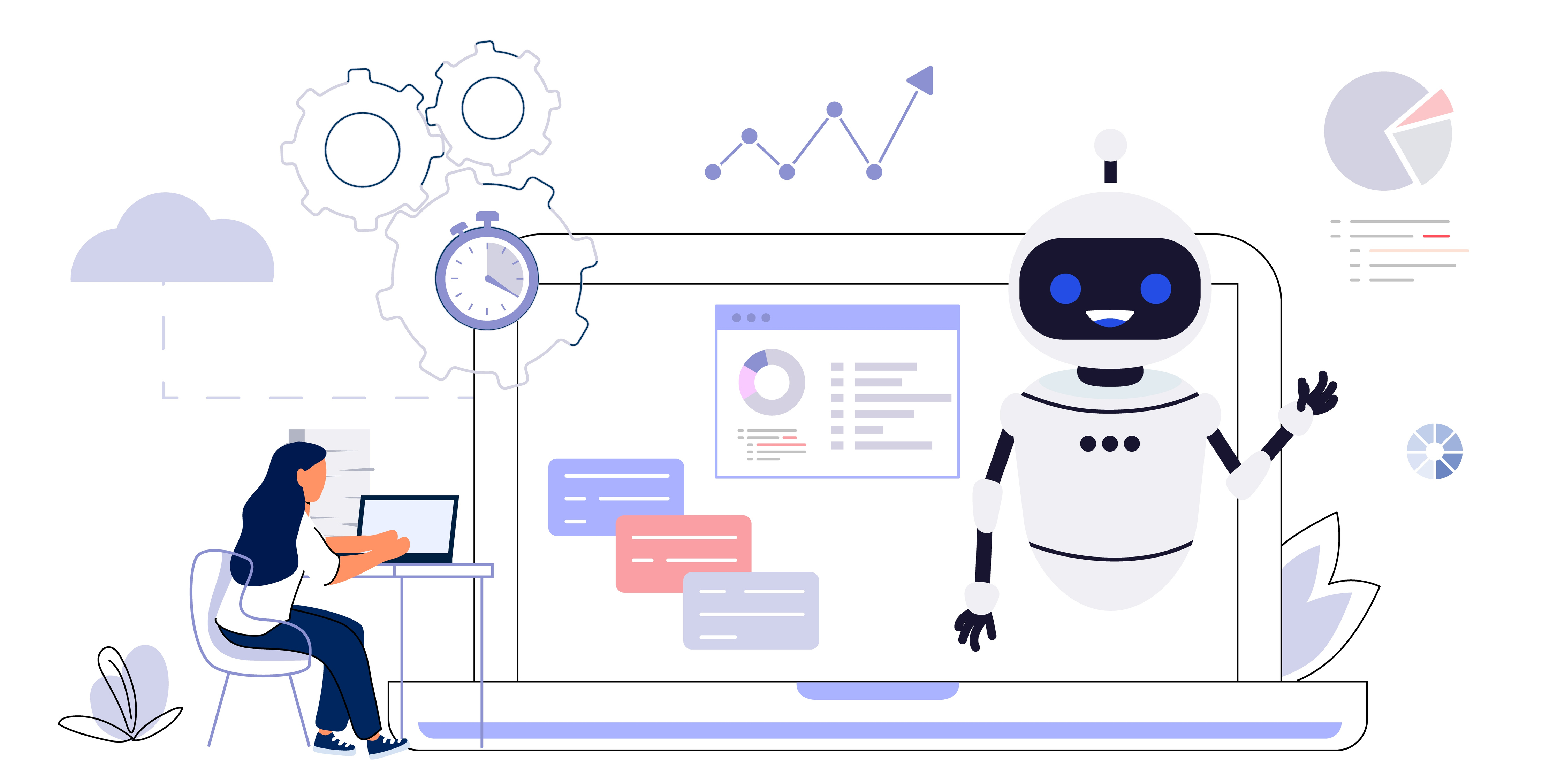If you’ve ever worked in presales, you’ll know this feeling all too well — you’re racing against a bid deadline, and you remember a perfect case study used by another region. But when you go looking for it, it’s buried deep within a maze of folders, inconsistent tags, or creative file names like “Final_V2_latest.pptx.”
That’s the silent tax we all pay — not because knowledge doesn’t exist, but because we can’t find it when it matters most.
As someone managing a global presales knowledge library on SharePoint — filled with bid documents, success stories, and references — I’ve seen this firsthand. Each region follows its own tagging conventions, and what one person calls “Retail,” another calls “Consumer Goods.” Multiply that across hundreds of documents and multiple regions, and suddenly your “central repository” feels anything but central.
That’s where AI-powered metatagging becomes a game changer.
Why Metadata Deserves More Attention Than It Gets
In presales, speed and relevance win deals. But without consistent metadata, teams waste valuable hours recreating content that already exists.
Traditional tagging relies heavily on humans — and we’re all human. We tag differently, skip fields under time pressure, or use our own shortcuts. The result? A fragmented repository that limits search effectiveness and cross-regional collaboration.
AI changes this dynamic. It brings structure, consistency, and intelligence to something that used to depend on memory and manual effort.
AI as Your Metadata Co-Pilot
Imagine an AI assistant that understands your repository as well as you do — one that can read through bid decks, success stories, or references, and instantly assign the right tags like:
- Document Type: Bid, Case Study, Success Story
- Industry or Vertical
- Region
- Solution or Offering
- Business Challenge Addressed
- Outcome or Metrics (e.g., cost savings, efficiency gains)
- Win/Loss Status
- Recency
The process starts with a clear metadata schema — your KM DNA. Once that’s defined, AI tools powered by Natural Language Processing (NLP) and Large Language Models (LLMs) like GPT or Azure OpenAI can automate tagging at scale.
Here’s what happens behind the scenes:
- Document ingestion: AI reads through Word, PDF, and PowerPoint files.
- Content understanding: It identifies themes, regions, technologies, and business outcomes.
- Metadata generation: Tags are applied consistently, aligned with your taxonomy.
- Human-in-the-loop review: You or your KM team validate tags, feeding corrections back for continuous learning.
Over time, the AI becomes familiar with your organization’s unique language — the way you describe customers, industries, or offerings — and gets better with every cycle.
The Search Revolution: From Keywords to Context
Once your content is tagged intelligently, search transforms from a frustrating task into an intuitive experience.
Instead of typing exact keywords, users can search in natural language — “customer onboarding automation in retail” — and get results that include “digital onboarding workflow” or “client experience automation.” That’s because AI-powered search doesn’t just match words; it understands meaning.
A hybrid AI search model combines:
- Metadata-based filters for precision
- Semantic search using embeddings for contextual relevance
- LLM-driven summaries that highlight key insights from documents
Platforms like Azure Cognitive Search, Elasticsearch, or AWS Kendra, combined with vector databases like Pinecone or Weaviate, make this architecture achievable without overhauling your existing SharePoint setup.
The Real Transformation: From Search to Strategic Insight
When AI tagging and semantic search come together, your repository evolves into a true knowledge ecosystem.
Here’s what changes:
- Speed: Reuse winning proposals in minutes, not hours.
- Quality: Teams always find the most recent and relevant content.
- Insight: KM teams can track which regions, industries, or solutions dominate wins.
- Scalability: Thousands of documents can be added without increasing manual tagging workload.
For global teams like ours, it creates a universal language of knowledge — one that bridges silos and builds a single source of truth for all presales content.
Getting Started: The Practical Path
You don’t need to transform everything overnight. Start small — that’s how I’m approaching it, too.
- Pick a Pilot Set: Begin with 100–200 diverse documents across regions.
- Define the Taxonomy: Agree on your metadata fields and structure.
- Experiment with AI: Utilize GPT-based tagging prompts or Azure Cognitive Search to automatically tag content.
- Validate and Refine: Review tags, correct inconsistencies, and retrain the model.
- Scale Gradually: Connect it to your repository and expand tagging across libraries.
From Custodians to Insight Enablers
As Knowledge Managers, our role isn’t to control information — it’s to make knowledge usable and valuable.
AI isn’t here to replace us; it’s here to amplify us. By letting AI handle repetitive tasks like tagging and indexing, we can focus on what truly matters — curating narratives, connecting insights, and fostering a culture where knowledge flows effortlessly.
Every document becomes a reusable asset.
Every search becomes an opportunity, and every team member becomes more confident knowing, “the answer already exists, and I can find it.”
That’s the power of intelligent knowledge management.


.jpeg)


.png)
.png)
.png)
.png)